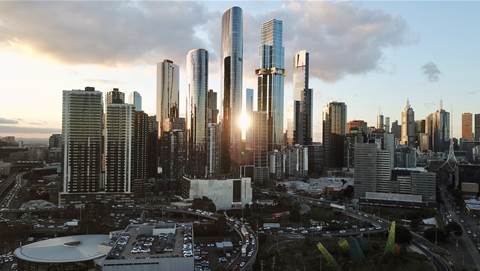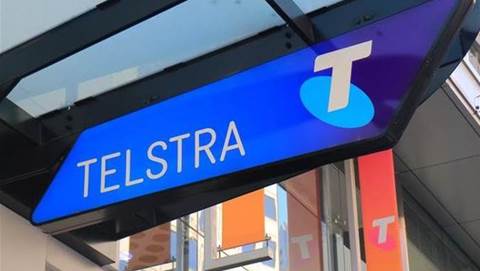RMIT senior research fellow Dr Ian McShane expects Australia to experience a resurgence in community-based telecommunications as the ambitions of the national broadband network are gradually scaled back.

McShane and his RMIT colleagues are 12 months into a multi-year study on the rollout of public wi-fi in Australia and its policy and economic implications, funded by a grant from the Australian Research Council.
He says a push towards community-provided connectivity, which is commonplace in regions like Europe, was stifled in Australia when the NBN was launched and local authorities envisioned that their internet connectivity challenges would be solved.
“In the early 2000s there was a lot of domestic interest from local government and community groups in community-based telecommunications," he told iTnews.
"Examples include Bendigo Bank offering up telco services, utilities running fibre from power poles, and towns like Burnie in Tasmania rolling its own fibre down the main street. When the NBN was announced I think this experimentation stopped.”
But McShane believes local government and community groups are growing frustrated with what is on offer from the NBN, resulting in grassroots initiatives like the community-driven Goulburn free wi-fi scheme.
Goulburn's wi-fi network came about after a group of residents - concerned their town was dropping back economically and keen to attract more visitors off the highway - pitched the idea of public wi-fi to council, and got knocked back.
Driven by a Canberra-based technology professional, the group instead devised a bandwidth sharing scheme with local businesses to share the surplus of their respective data plans, using technology designed by the group.
The council has since come on board the scheme, offering a $3000 grant to expand the network across the centre of town.
McShane’s team, which includes himself - a public policy expert, network engineer, media and communications specialist, and an economist - are looking to put together a comprehensively researched case for greater public investment into wi-fi as a public utility across Australia.
“What is the policy argument for public investment? Can it offer things that private market investment can’t? Who benefits and who doesn’t from localised technology rollouts?" he said.
“There hasn’t been any detailed research done into this area to date."
The answers to these questions are likely to throw up some unexpected answers.
McShane has already stumbled on an innovative use of free wi-fi by Bendigo council, which installed the service at a notorious taxi rank in an effort to combat late night violence - hoping users will be too absorbed in their phones to pick fights.
Such anecdotal evidence is looking positive, McShane said.
“The problem with public wi-fi is that the strongest policy and technical argument for greater investment is that we don’t know what results it will bring. It is an innovation argument. But politically this is a difficult sell,” he said.
“We want to establish a foundation for these investment decisions. We want to be able to provide a clear case for investment in public wi-fi.”



















.png&h=141&w=208&c=1&s=1)

